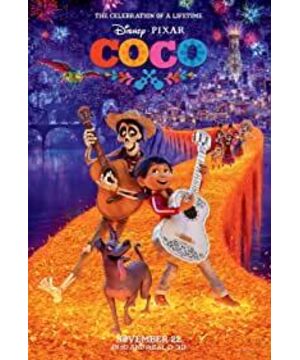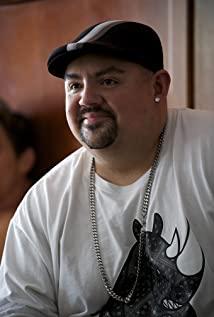And as parents, how should we talk about death to our children? How to pass on the value of death to life to children? How to complete the "death education" for children?
These, "Dream" made a beautiful demonstration.
Death Education Lesson 1: Don't be afraid of death because it doesn't represent true separation
According to research, children develop the concept of death around age 4. But this is just a concept, because of differences in cognitive laws and individual development, they still cannot understand "death" objectively and comprehensively.
Hungarian psychologist Maria Nagy in 1948 studied the cognition of death among 378 children aged 3-12 and concluded:
Children aged 3-5: do not objectively perceive " Death", for them, death is reversible, temporary, just a departure.
Children aged 5-9: Although they begin to accept the concept of death, they believe that death occurs passively and has objective reasons, such as being hit by a car, being beaten, being ill, etc.
Children over 9 years old: to realize that death is common and inevitable. Not only will relatives and friends die, but they will also die.
So what are they afraid of in the face of death?
There are probably two reasons for the fear of death: one is the fear of the unknown, and the other is the resistance to separation.
For children, the latter is especially true.
"Where will grandpa and grandma go when they die?" "What does it look like over there?" "Can I still contact them when I miss them?"
We may not be able to give the child the most satisfactory answer to these detailed questions. .
Because we dare not.
Because we are always taught that people die like lights go out, and everything dissipates. Since childhood, we have accepted the appearance of the world after death, which is Hades.
Eerie, scary, chilling.
But "Dream" has created an extremely splendid "undead world" for children.
Skulls are also not as scary as they appear to be, they are not only funny but also cute at times.
Here the deceased is reunited with their deceased relatives in another form, the deceased painter continues to pursue the profession she loved, and the singer continues to sing.
This is the most tender and kind fairy tale I have ever seen for children about death.
The second lesson of death education: use remembrance to heal the pain in the face of the death of a loved one.
"Dream" follows such a setting: the world of the undead exists by memory.
This setting establishes a connection between the living and the deceased, and also gives great comfort to the living.
In the movie, as long as the living offer pictures of the dead, the dead can walk across the bridge to visit them.
What connects the two realms of Yin and Yang is the marigold used for sacrifice on the Day of the Dead, which forms a bridge connecting the two realms.
If no one in the world remembers, the deceased will disappear, which is called ultimate death.
The scene of the undead old man lying in a hammock and turning into a flurry of ashes is heartbreaking.
But in turn, he brings a comforting imagery: For loved ones who have passed away, as long as you don't forget them, they live there forever.
At the same time, the dead are also thinking about their relatives and descendants.
Therefore, it is very important for the living to commemorate the deceased.
And it is this "remembrance" that constantly heals the pain we face after the departure of our loved ones.
In the field of psychoanalysis, this is an important part of psychological repair.
The third lesson of death education: The best consolation for the deceased is to live a good life
and give children "death education", not only to better accept death, but also to live more devotedly.
The realization of the dream is the proof of being fully alive.
In "Seeking Dreams", the little boy Miguel's insistence on his dream runs through from beginning to end.
However, the family did not buy into the dream of being a singer.
They banned MiG from having contact with musicians, smashed his beloved guitar, and forced him to take up a job he didn't like but as a shoemaker for generations.
When entering the world of the dead, the members of the family promised that MiG could send him back to the world, but the condition was: not to touch music in the future.
MiG reluctantly agreed. But after traveling back to the world for 2 seconds, he went back with his guitar.
"It's not fair, this is my life!"
When he encountered danger in the undead world and his family reappeared, MiG's determination to guard his dream became more and more obvious: "I don't want your blessing!
" The support of your dreams is your life.
However, what the film wants to express is dreams and family affection, not the opposite of conflict.
Therefore, in "Seeking Dreams", the family's attitude towards MiG's realization of his dream has completed the change from "resistance-compromise-unconditional support";
and MiG's choice between family affection and dream is no longer a unit "Choose one" under the values.
We owe our children's "death education", and we owe our own "life education".
This lesson, whether it is children, or we, should make up for it.
View more about Coco reviews











